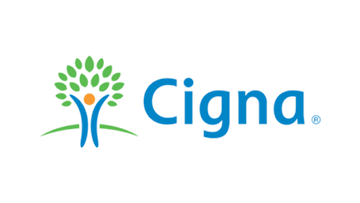Finding Long Term Treatment for Sexual Trauma
There is no one “right” way to cope with sexual trauma. However, there are some common reactions and experiences that many men have after surviving sexual trauma. These can include feeling isolated and alone, feeling shame and self-blame, having difficulty trusting others, and struggling with intimacy.
Valiant Living’s Men’s Program can help you cope with these experiences in a number of ways. We provide a safe and supportive environment where you can share your story with other men who have been through similar experiences. Our trained counselors can offer guidance and support as you navigate your healing journey. And, our comprehensive program offers a variety of tools and resources to help you build resilience and cope with the long-term effects of sexual trauma.
If you’re ready to start healing from sexual trauma, Valiant Living’s Men’s Program can help you on your journey.
Our team of experienced professionals is dedicated to helping men overcome substance abuse and mental health issues and achieve lasting recovery.
Our program includes a range of therapies and activities that are tailored to the unique needs of each individual, including individual and group counseling, holistic therapies, and outdoor activities.
If you or someone you know is struggling with sexual trauma, consider seeking out treatment from a provider who uses the Valiant Living approach.











